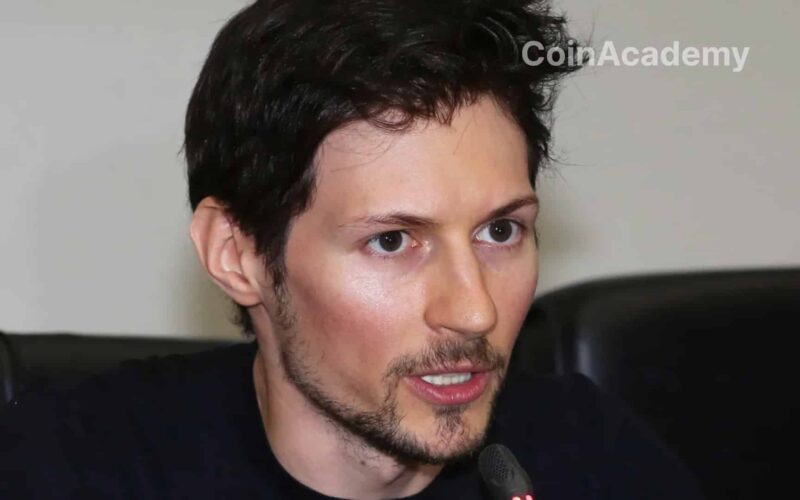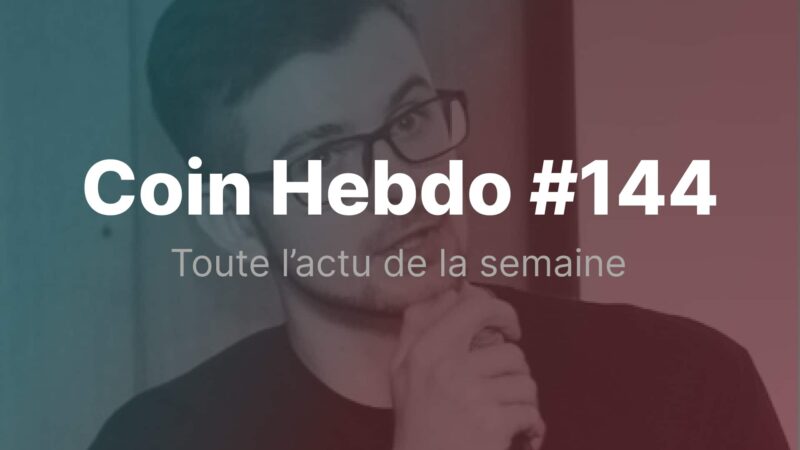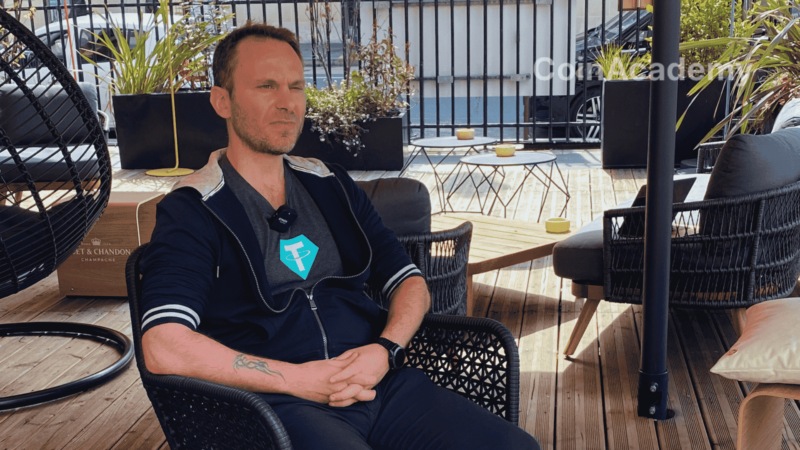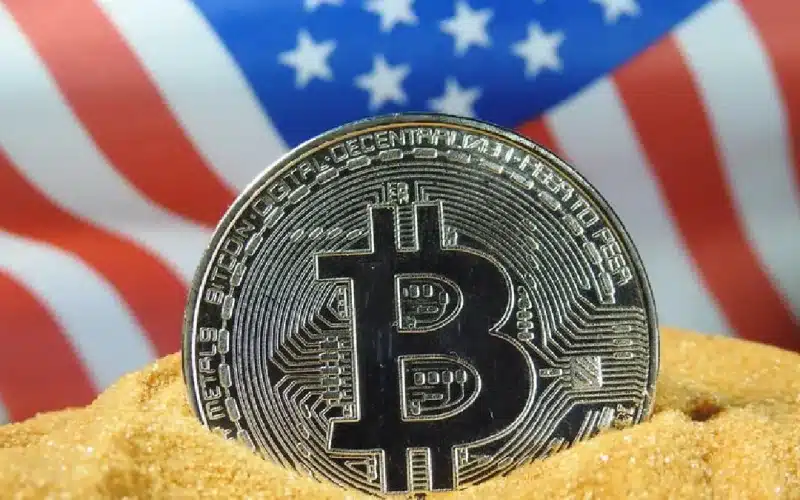Telegram’s Increasing Involvement in the Crypto Sector
The messaging app Telegram, founded by Pavel Durov, has recently gained attention not only for its role in global communication but also for its growing involvement in the crypto sector.
What started as a secure messaging platform has become a key player in the digital asset ecosystem, as revealed by the company’s financial statements for 2023. These documents show that crypto transactions now account for a substantial portion of its revenue.
The Finances of Telegram: A Strong Link to Crypto
In 2023, Telegram reported a revenue of $342.5 million, despite an operating loss of $108 million. More than 40% of these revenues come from cryptocurrency activities, including an integrated wallet and the sale of collectibles. This integrated wallet allows users to store, send, receive, and exchange cryptocurrencies, including the Toncoin, a crypto closely tied to Telegram.
Digital assets represent a significant portion of Telegram’s assets, with an estimated value of nearly $400 million as of December 31, 2023. This significant exposure to cryptocurrencies places Telegram in a unique position among technology companies, where messaging and digital finance coexist symbiotically.
The Legal and Financial Challenges: Pavel Durov’s Arrest in France
Pavel Durov’s arrest in France for his alleged failure to control criminal content on Telegram has caused shockwaves not only legally but also financially. This arrest has seriously compromised Telegram’s plans to go public (IPO) by 2026, as the company was making efforts to monetize and become financially self-sufficient. Durov, who personally invested millions of dollars in Telegram, finds himself at the center of an investigation that could severely damage the company’s image and its ability to attract investors.
The market’s reaction was swift: the value of Telegram’s bonds dropped nearly 10%, reflecting investors’ concerns about the uncertainty surrounding the company’s future. Bondholders, who were hoping to convert their debt into shares during the IPO, could now face a difficult dilemma as Telegram’s reputation becomes increasingly associated with illegal content.
The Impact on the Crypto Market: Toncoin in Trouble
The Toncoin, initially developed by the Telegram team and now managed by an open-source developer community, has also felt the repercussions of Durov’s arrest. The price of TON dropped nearly 20% following the news, before slowly recovering.
For Telegram, selling some of its Toncoins before the price drop helped mitigate the financial damage, but it does not overshadow the overall impact of this situation on the ecosystem’s image.
The Centralized Governance of Telegram: An Asset or a Risk?
One of Telegram’s core elements of governance is the figure of Pavel Durov himself. Described as a centralized and charismatic leader, Durov is at the heart of all major decisions regarding the application. This approach, which has allowed Telegram to maintain a coherent vision and rapid innovation, raises questions about the company’s viability without his leadership.
With only 50 employees, including 30 developers primarily recruited from Eastern Europe, the company operates with a tight hierarchical structure and a leadership that could be difficult to replace. Concerns are growing about Telegram’s ability to navigate the murky waters of international regulations without its founder at the helm.
Future Prospects: Dark Clouds over IPO and Telegram’s Sustainability
The challenges facing Telegram are not only financial but also legal and regulatory. While the company sought to diversify its revenue and prepare for an IPO, the charges against Pavel Durov threaten to deter potential investors and limit sources of advertising revenue, leaving them mainly with questionable ads or crypto advertisements.
The current situation raises questions about the company’s valuation, estimated at over $30 billion by Durov. Regulatory obstacles, financial losses, and increased reliance on cryptocurrencies could make this valuation a challenging goal to achieve, especially if regulators and investors continue to distance themselves from the company.




